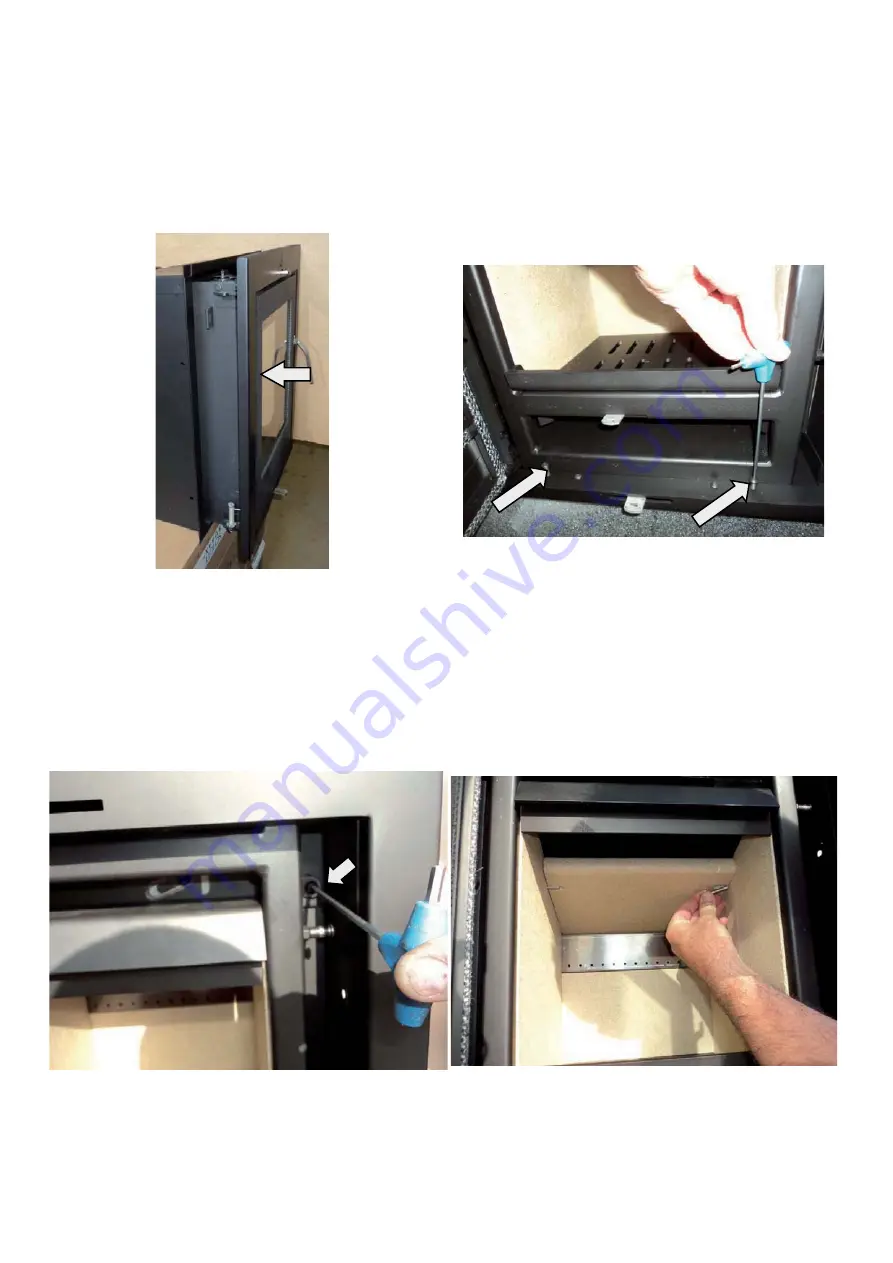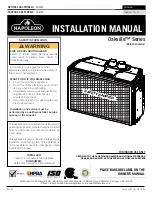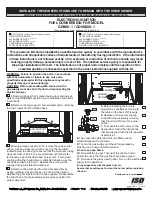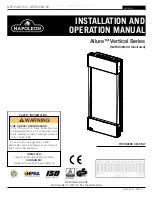
10
After fixing of the box you need to put stove back in the box (Picture 15). Then put back the two
screws (Picture 16).
Picture 15
Picture 16
Also you need to twist and thinghten screw on the upper part of the stove in order to
completely fix stove and box (Picture 17). At the end of instalation you need to place back
buffer plate and pins (Picture 18).
Picture 17
Picture 18











































